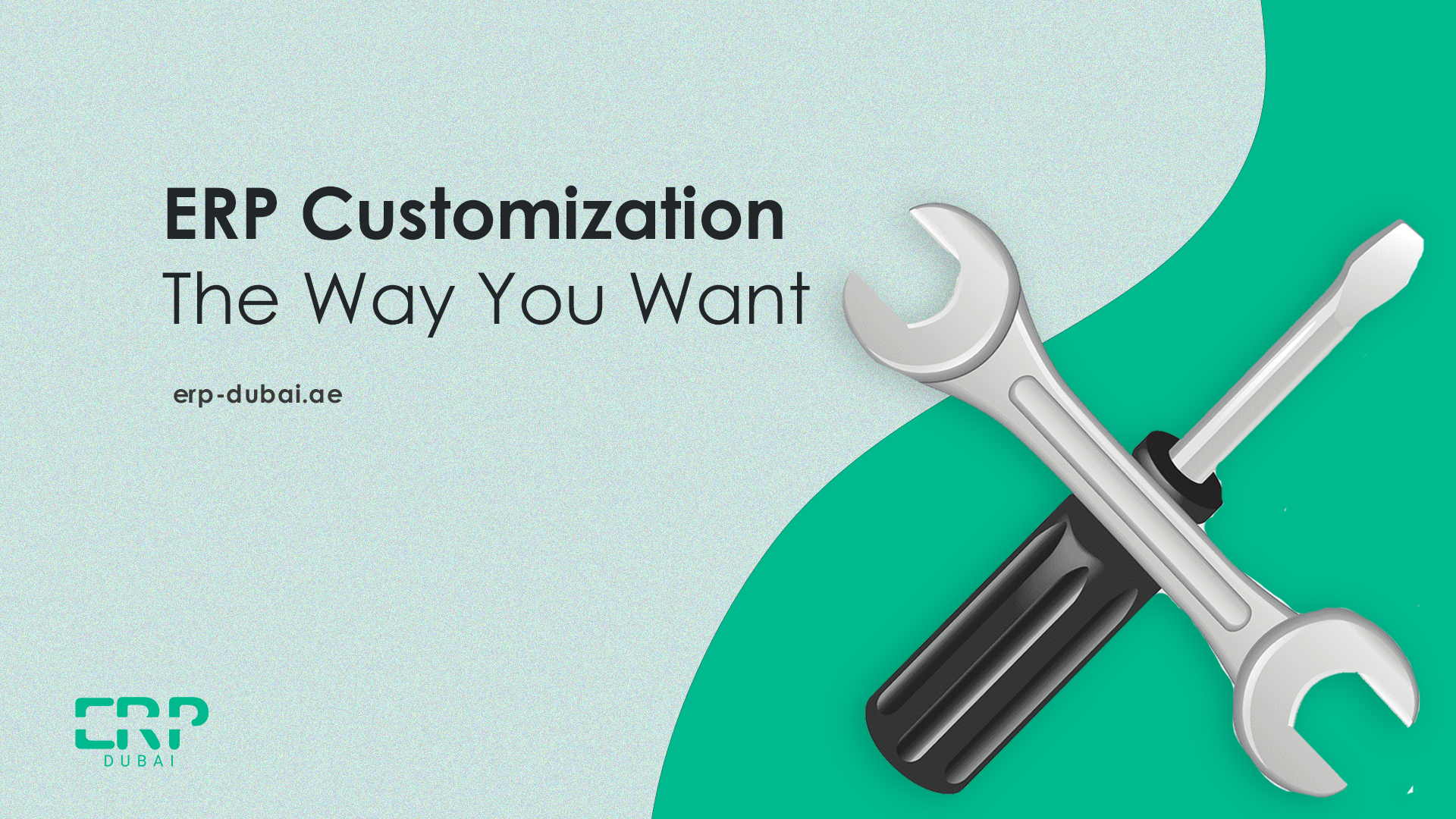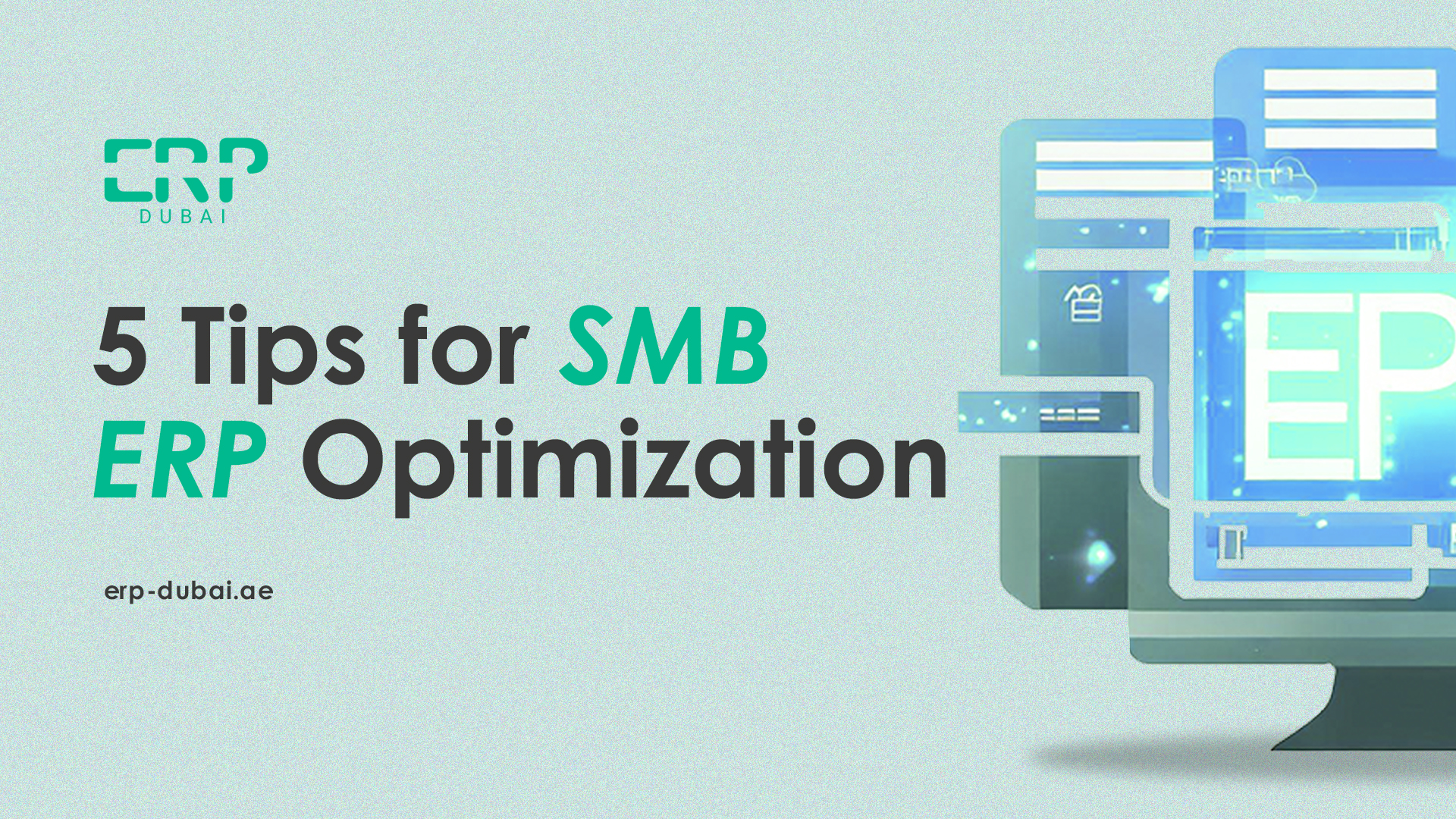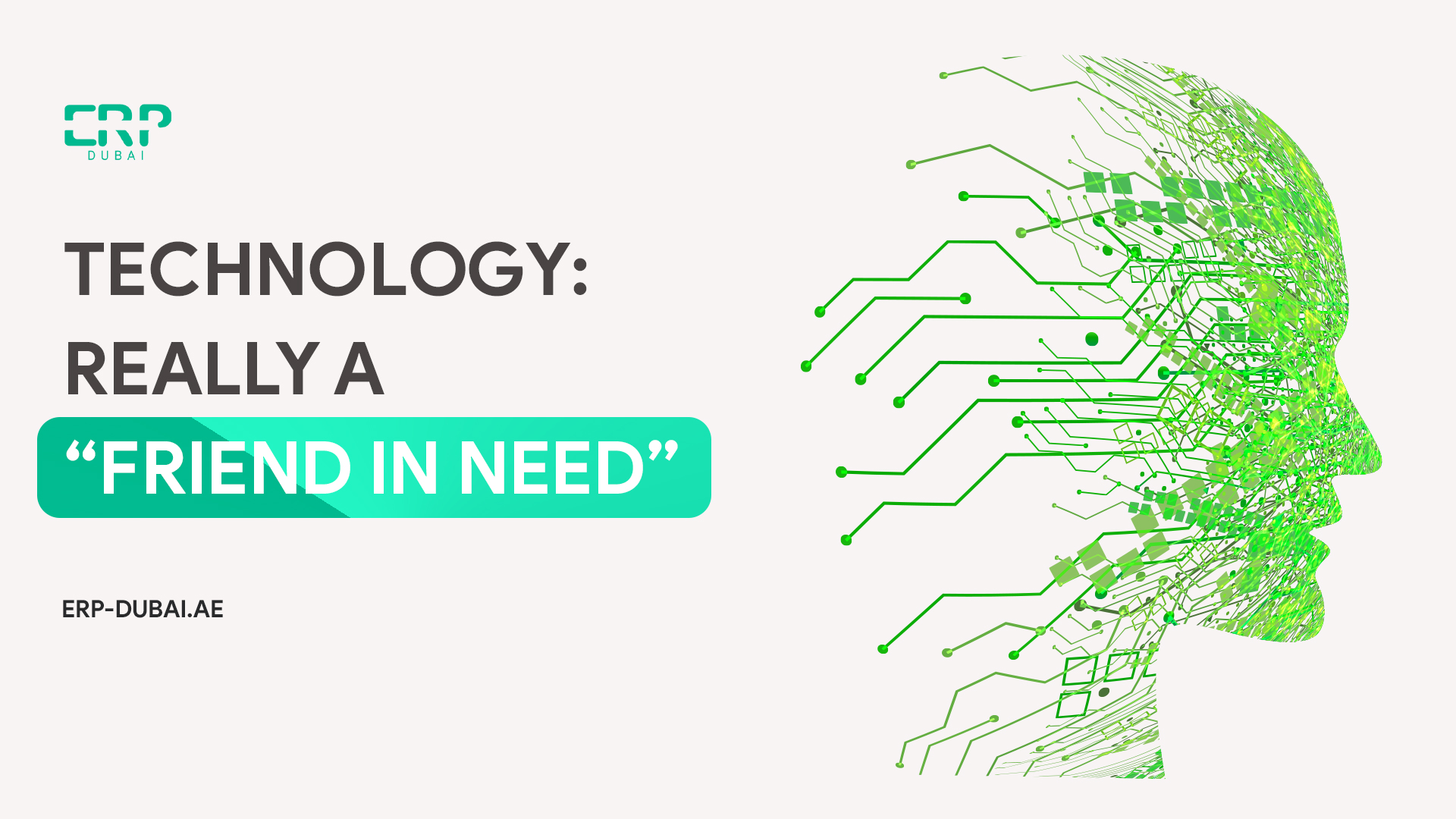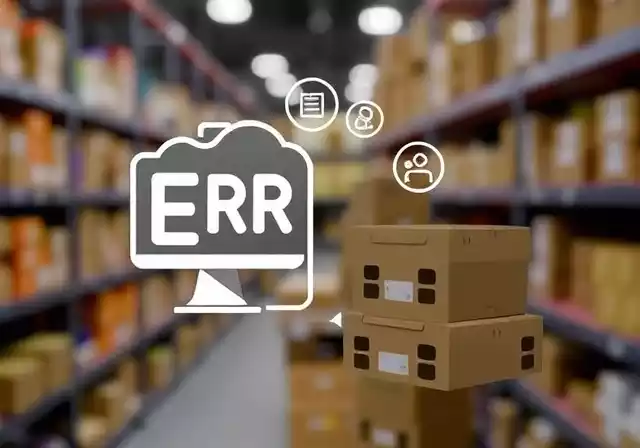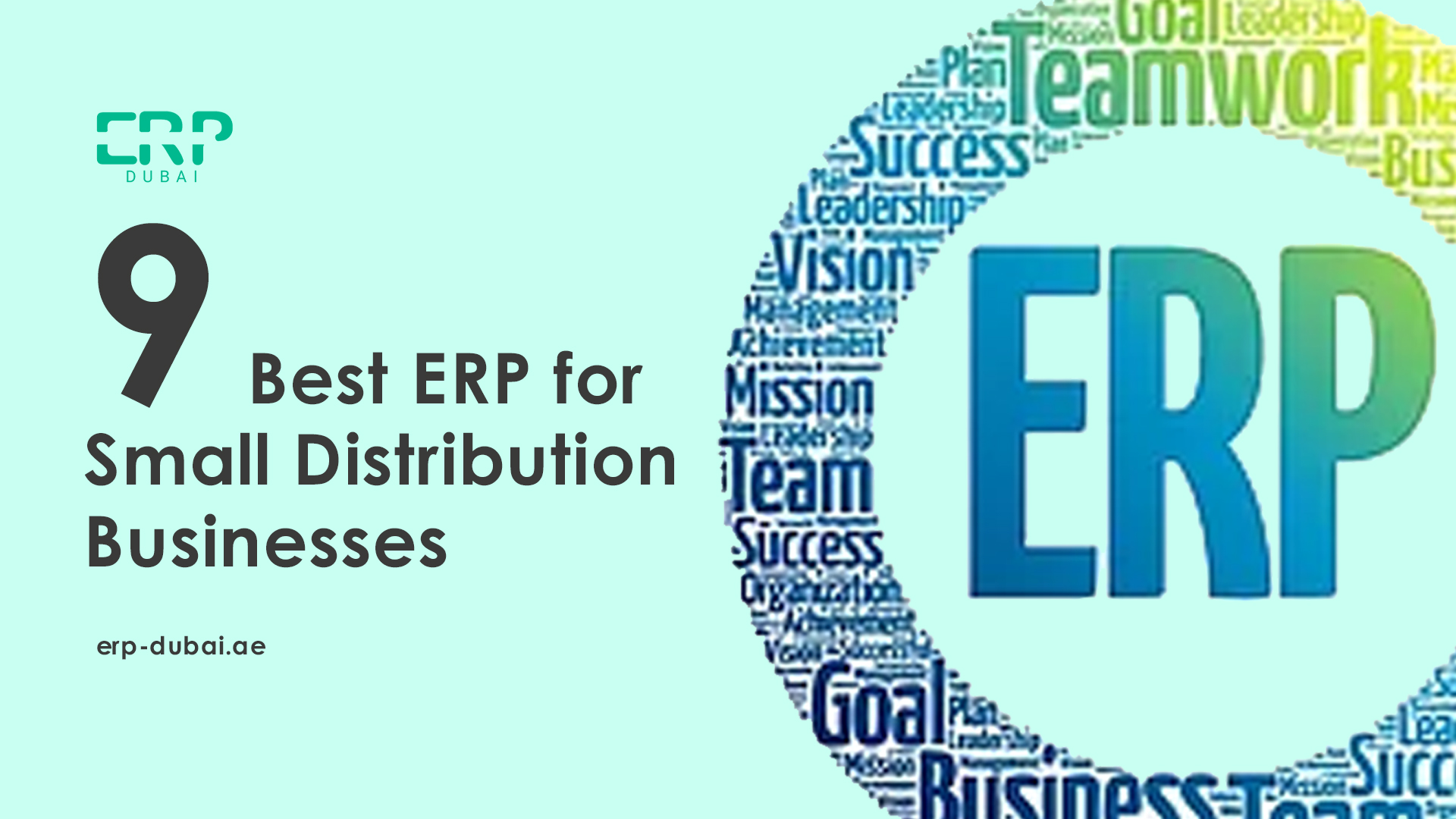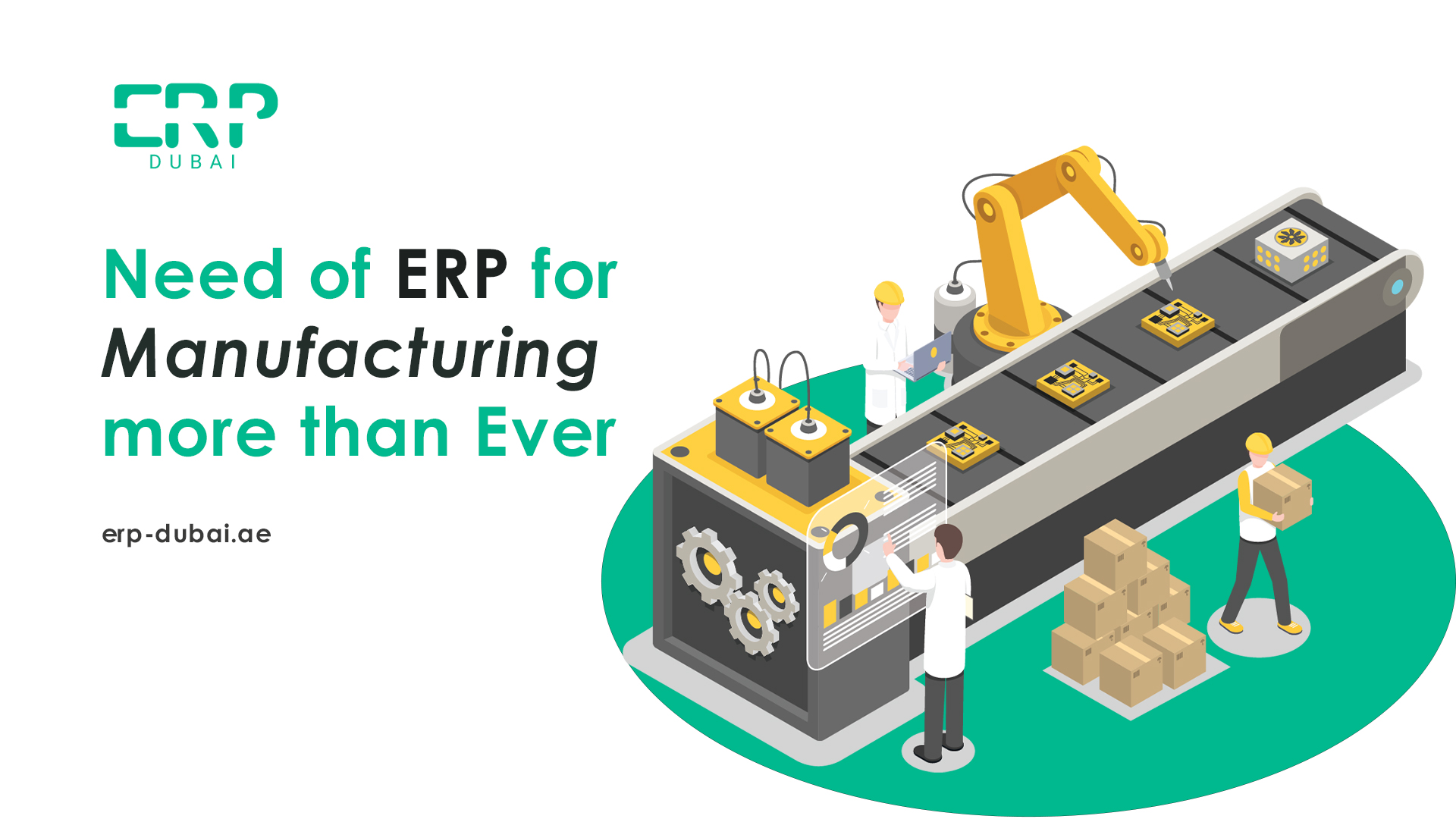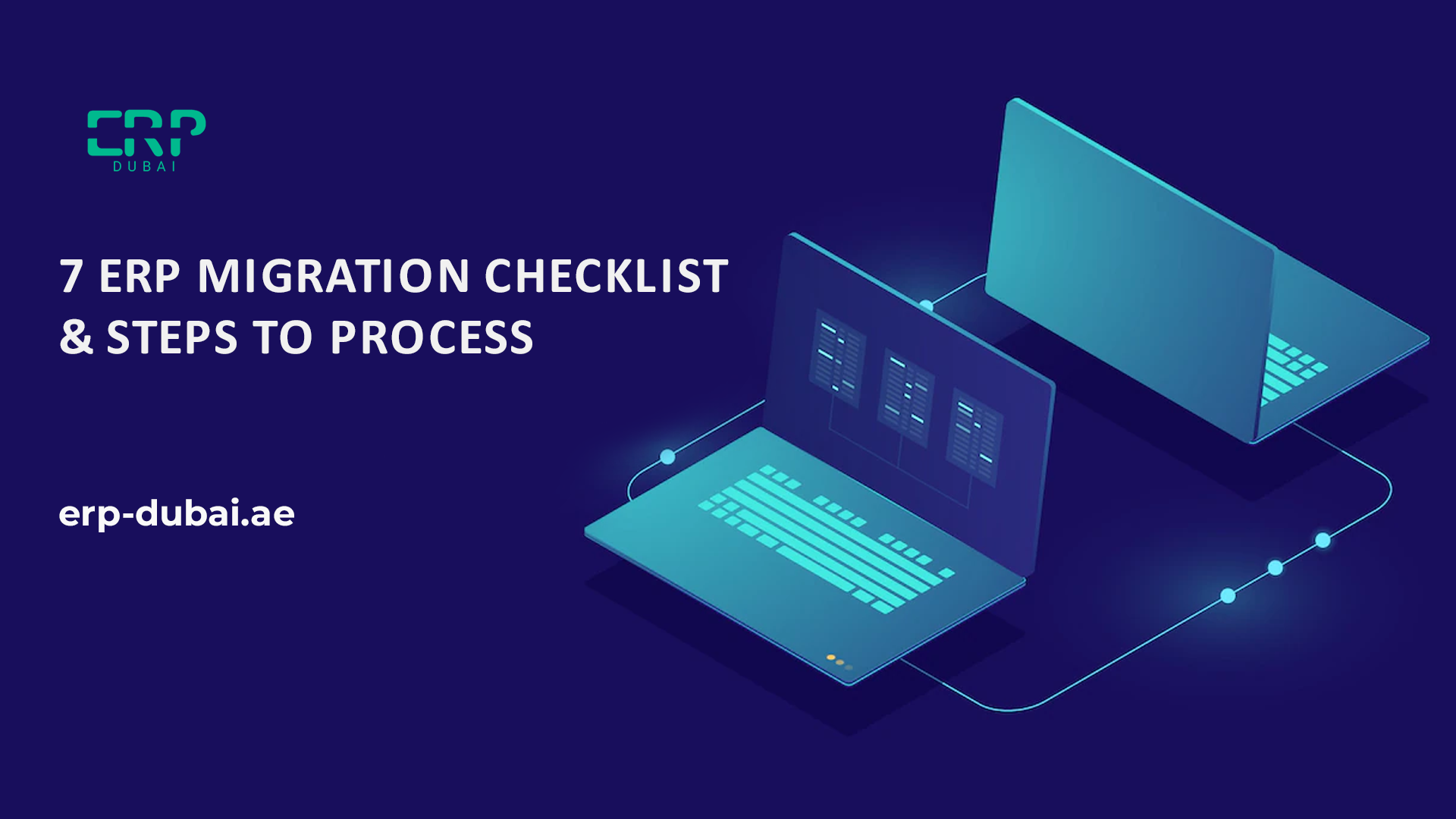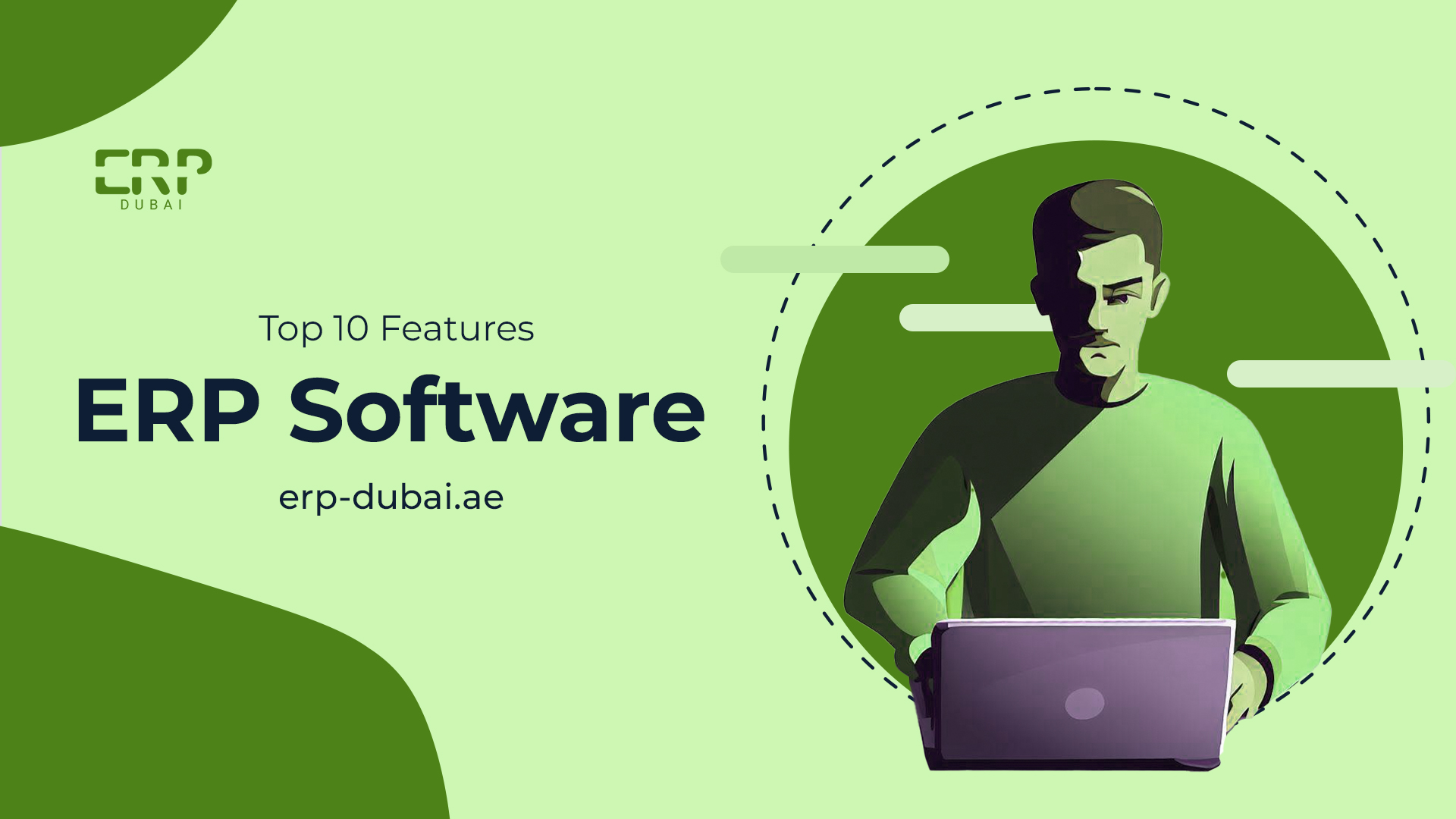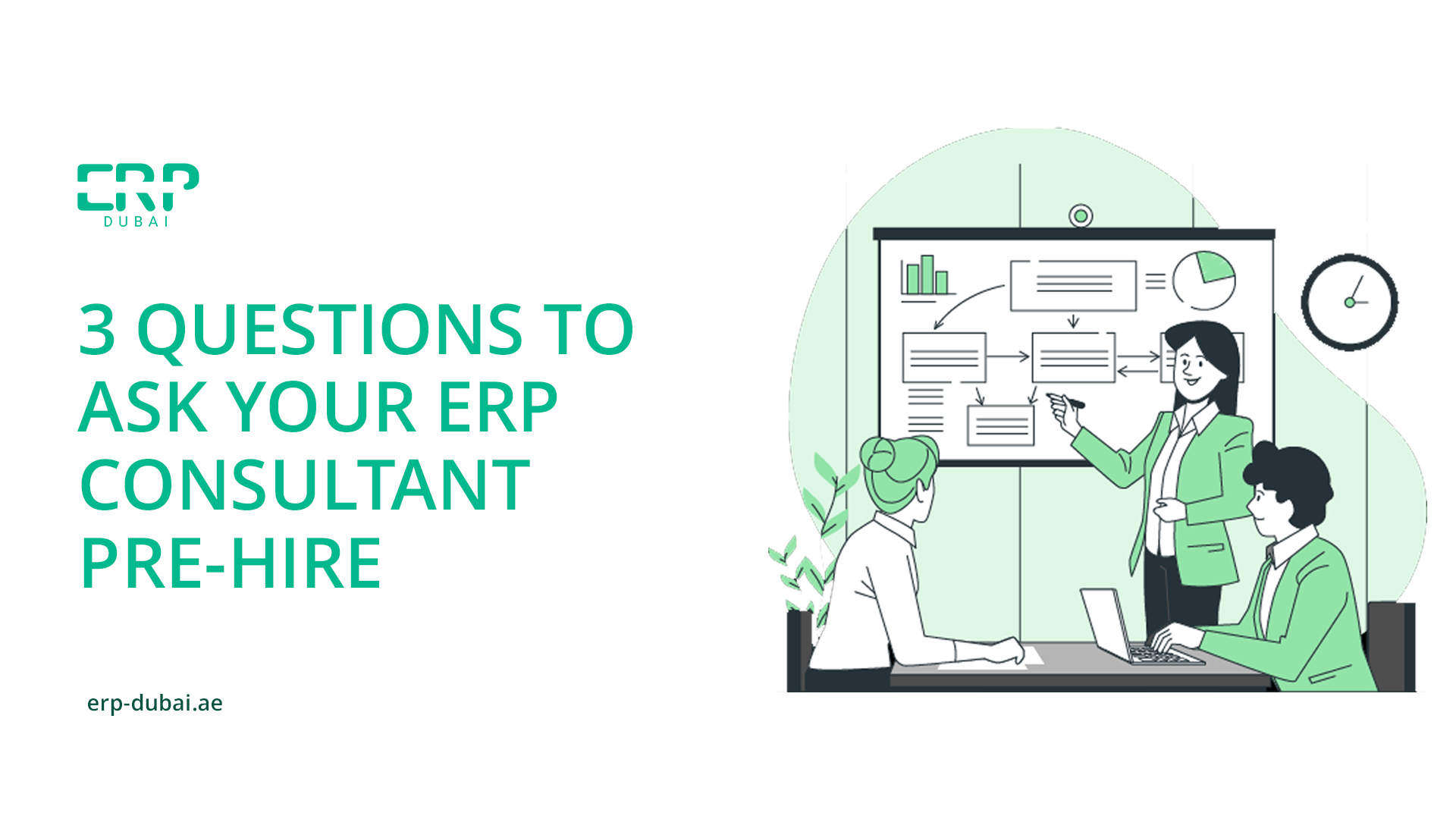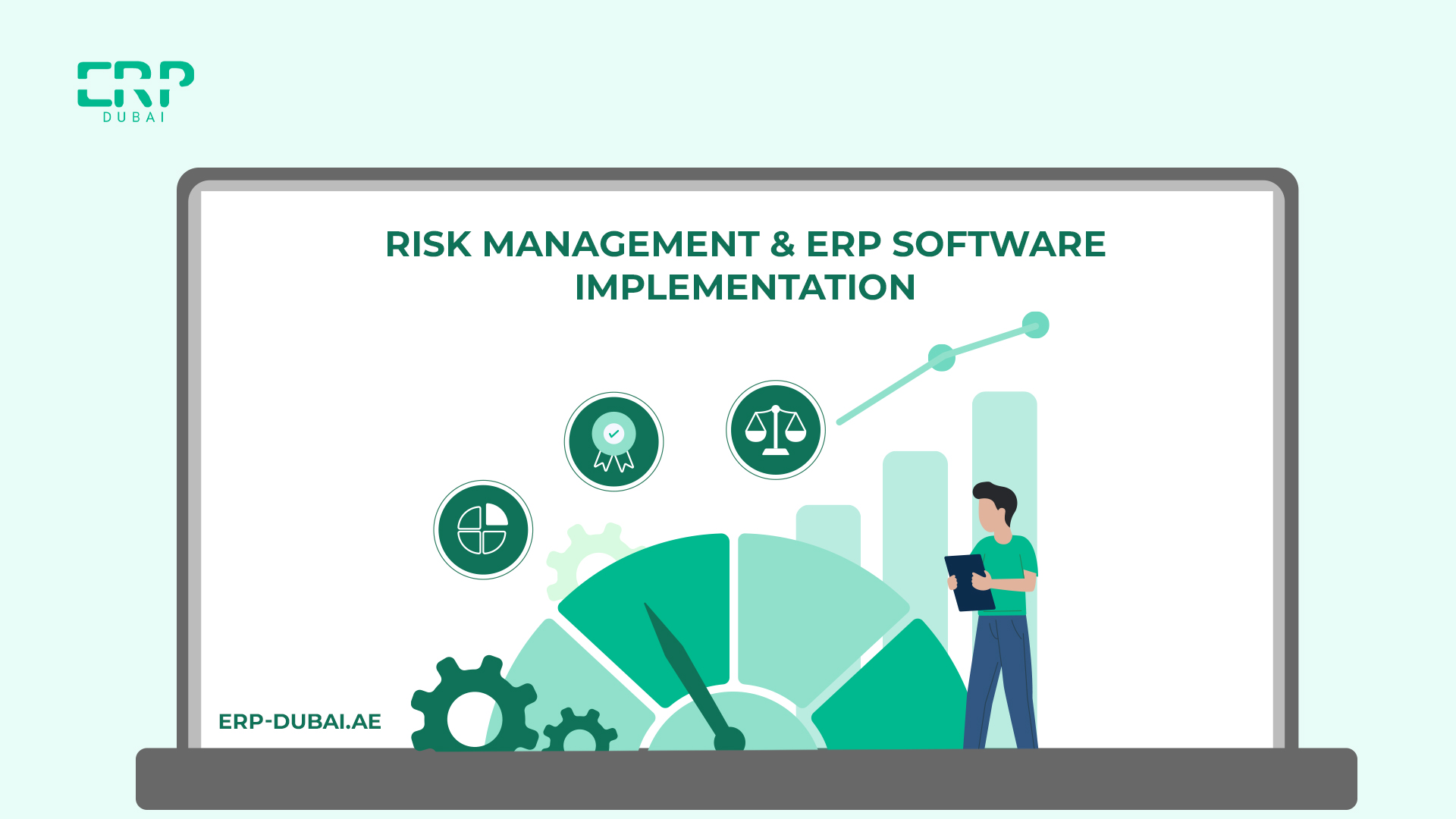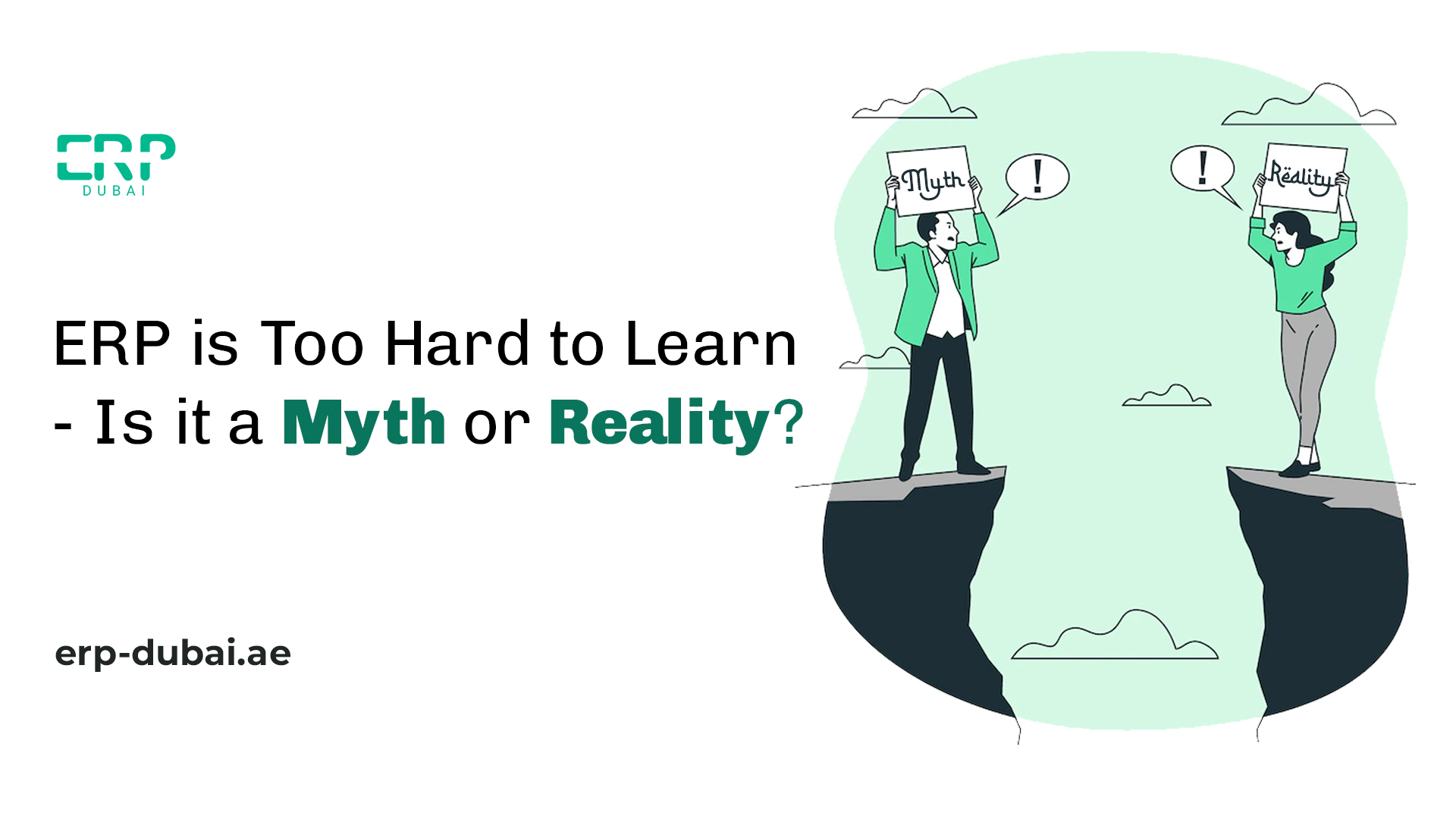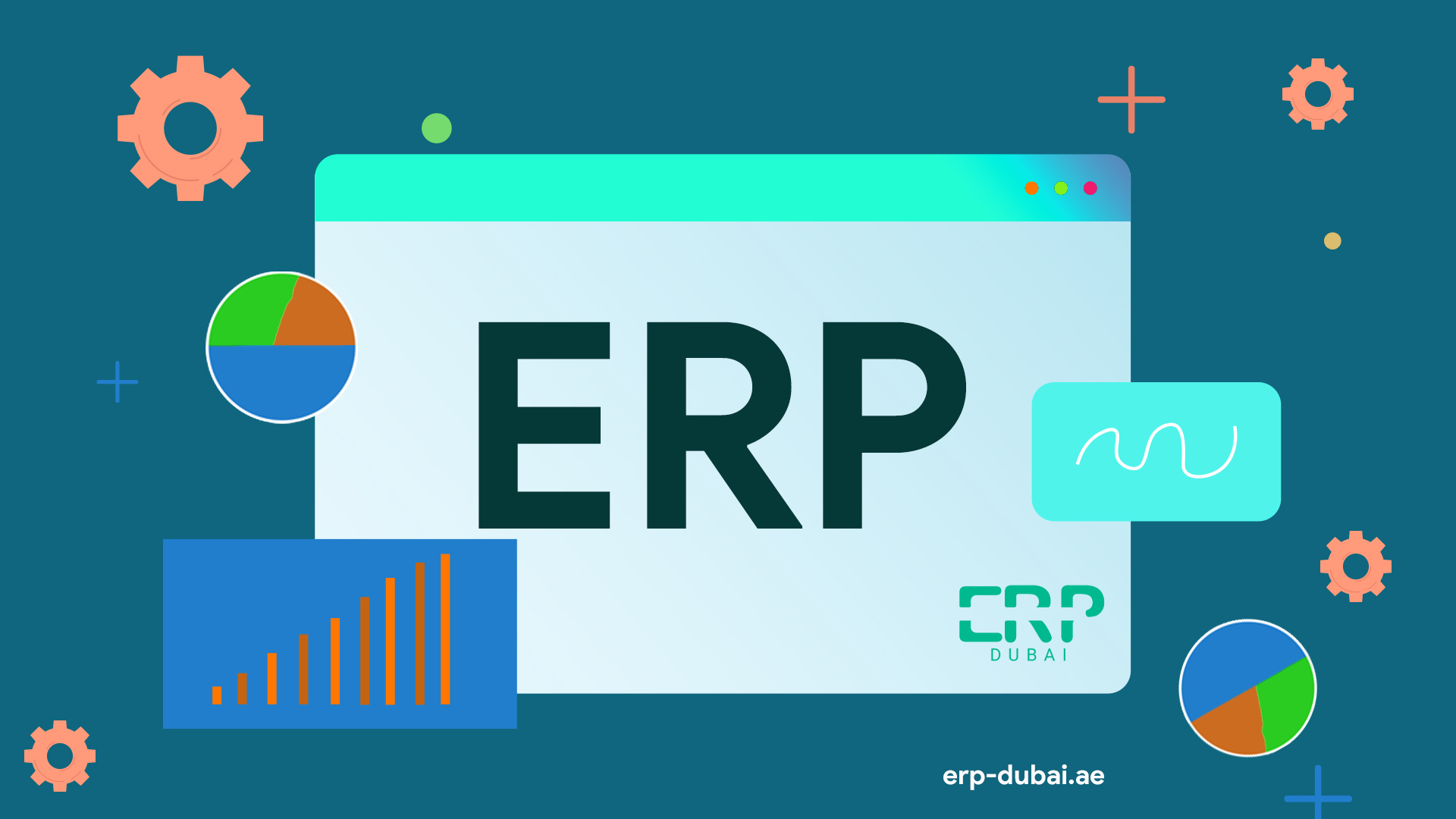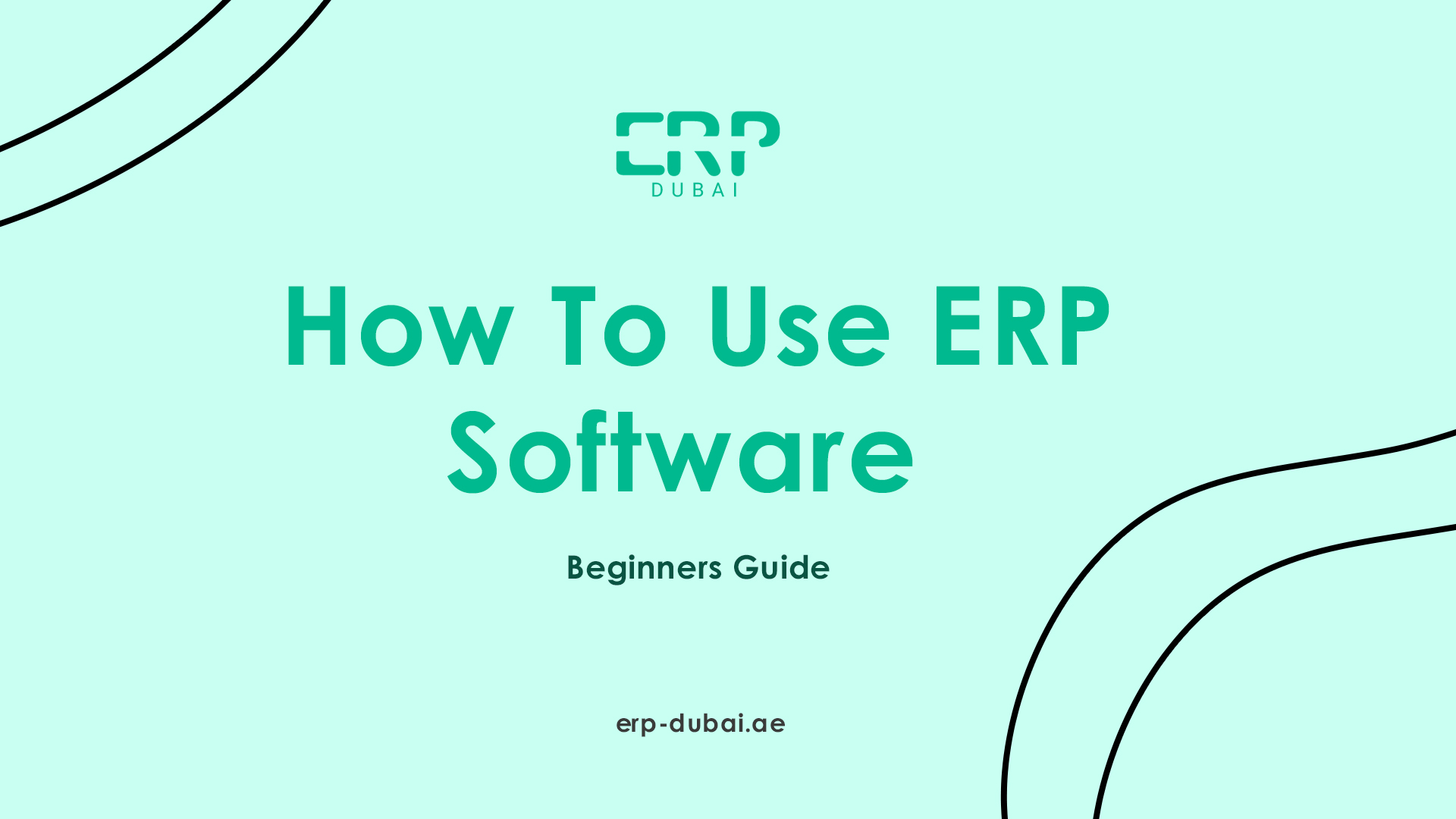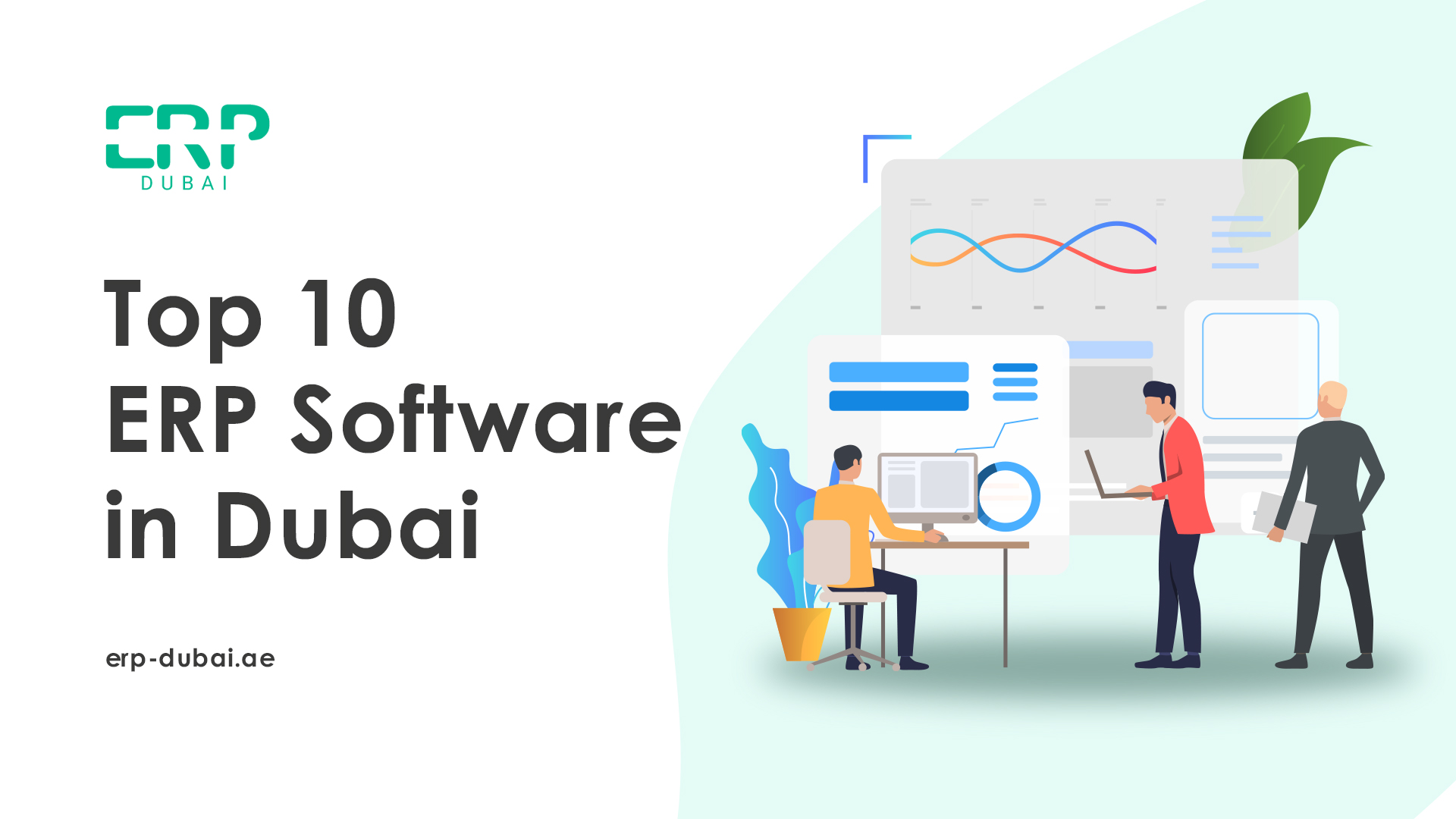No products in the cart.
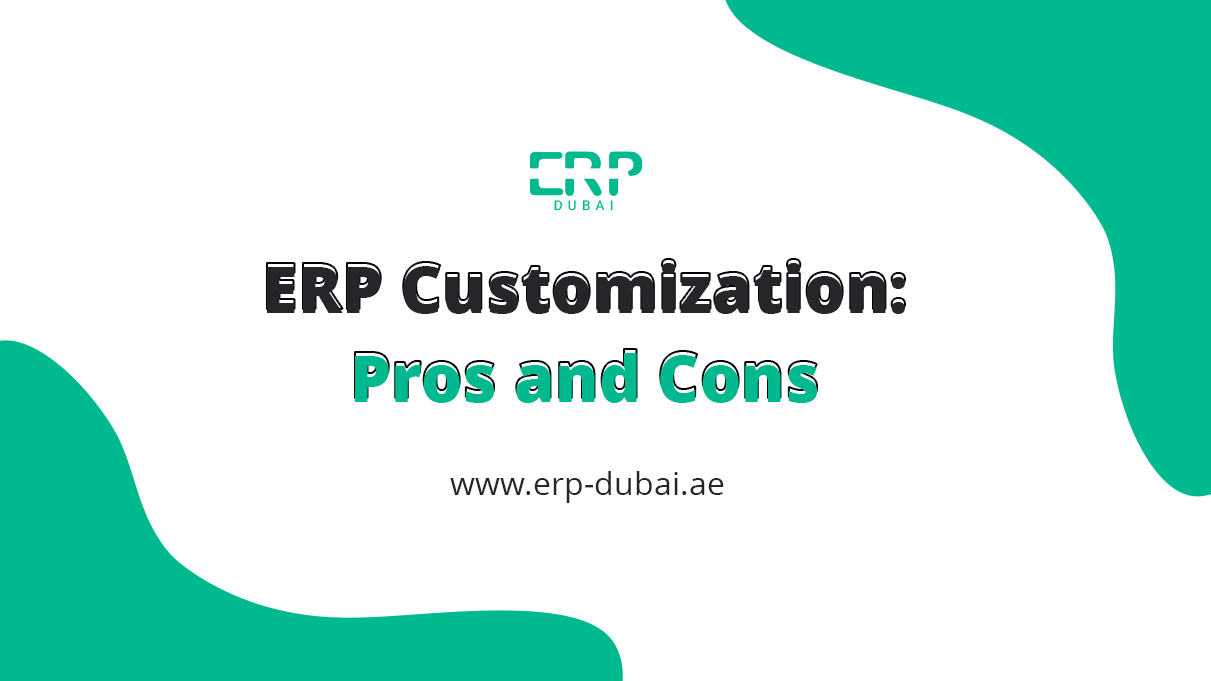
ERP Customization: Pros and Cons
You have no competitive edge if you don’t stand out. Businesses who fail to differentiate themselves in today’s increasingly competitive and rapidly changing industry will be running behind. And this difference comes from Personalization ; and ERP customization would be the perfect answer to for our business.
Showcase the bespoke ERP software Dubai sector, where postmodern deployment options and ERP Customization have become vital to the success of forward-thinking businesses in all industries. While there are many ERP software Dubai options to choose from, you are unlikely to find the system of your desires straight away.
ERP
Enterprise resource planning (ERP), which integrates and manages critical organizational activities. Also, aids software and other technological advancements. ERP software Dubai is a type of business management software that comprises of a set of interconnected applications. A company may use ERP to gather, store, manage, and interpret data from various business operations.
ERP software in Dubai can be on-premises or in the cloud. Because of the simplicity with which information can be accessed from any location with an Internet connection, cloud-based apps have gained in popularity in recent years.
ERP software Dubai manages business resources such as cash, raw materials, manufacturing capacity. Along with the status of corporate obligations such as orders, purchase orders, and payroll. The system’s applications facilitate data exchange across several departments (manufacturing, purchasing, sales, accounting, etc)
Customizing ERP Software: Pros and Cons
ERP systems are at the heart of the software used to manage millions of businesses. Software that helps businesses to manage many aspects of their everyday operations, from accounting and finance to human resources, purchasing, manufacturing, and transportation. When a customized ERP is implemented, all of these options are increased by tailoring each parameter to the organization’s particular demands.
Pros of ERP customization
Complete command
The goal of ERP software is to satisfy your company’s demands. One-size-fits-all software may not genuinely meet your needs. You can request that the developer configure a solution that is personalized to your needs – just how you want it.
Some off-the-shelf software may include capabilities you don’t require and insufficient of those you do. Customization may help with this by exploiting just the capabilities. Abilities that are crucial to your business and sector, as well as how it operates.
Management process optimization
The implementation of a customized ERP system improves an organization’s effectiveness and efficiency dramatically. Because, in addition to being a single instrument responsible for homogenizing and maintaining consistency with the data. Additionally, it concentrates more precisely where it is most significant. This improves communication between departments inside the firm.
Information safety
Aside from the quality and availability of information, we must remember that with a customized ERP system, user-controlled and restricted access simplifies any maintenance and backup tasks.
Scalability and modularity
A solid ERP Customization should satisfy the organization’s present demands while never impeding its development, therefore by customizing it, we will ensure that we have more modules to implement whenever they are required.
Adaptation to the situation
Prior to ERP configuration, each business should do a pre-consultation to determine their requirements. We ensure that it responds and adjusts to each of our demands by personalizing it.
Automation of tasks
Reports, communications, follow-ups, claims, and so on (periodic or repetitive chores) can be automated to free up resources for more productive duties.
The increased efficiency achieved by an organization as a result of a tailored ERP, as well as the elimination of mistakes and duties, enabling the company to lower its business expenses while increasing its competitiveness.
Cons of ERP customization
Total system costs
Many firms are unable to adopt ERP Customization because of the cost of the software. This is because an ERP system demands a high level of customization, however it is true that the higher the amount of customization, the higher the price. While SMEs may avoid these upfront expenses by using a cloud solution, which is normally invoiced monthly, the initial cost of the software alone might be prohibitively expensive, particularly for small and medium-sized firms. This becomes increasingly clear as customization prices rise.
Over-customization
Customization is great, but there is such a thing as too much. Businesses might grow so engrossed in adding personalised features that the software becomes unrecognisable and no longer meets the goals they set out to achieve in the first place. This may lead you to abandon the solution entirely because it no longer serves its goal.
That doesn’t imply you should just use off-the-shelf software, but it does indicate you should tread carefully when it comes to customisation. Set goals, and once you’ve fulfilled them, resist the urge to keep adding features that aren’t essential.
ERP customisation might cause complications during deployment
Most executives have heard horror stories of ERP failures that were mostly by over-customisation of the software. Hence, it’s only reasonable that they would lean on the side of “no customization” to reduce the related risks. Customization is difficult to manage, can deplete your installation budget, and can signal a refusal to modify inefficient procedures. Rather than reviewing processes to see how features given out of the box by today’s ERP systems can be a enhancement or even deleted.
You may miss out on essential features of off-the-shelf software.
Similarly, if you are focusing on personalising your product that you neglect fundamental elements of your existing programme. Along with hiding them with superfluous bells and whistles, you risk overlooking core features of your existing software. It can also be difficult to install regular upgrades and updates, which are frequently a necessity to keep the platform running efficiently. This may interfere with the software’s fundamental operation.
Information traffic resistance
ERP systems’ performance might be in jeopardy if there is resistance to exchanging information between corporate divisions or departments. Because of the significant changes in work culture that accompany the adoption of a robust ERP system, it is probable that some employees may be inexperienced or uninterested in utilising the system.
Employee Capability
The workforce’s competence, skill, and desire ultimately determines the completion of the implementation. To make the system operate correctly, knowledge and training are a necessity.
Conclusion
ERP customisation can refer to a number of things, but they are not settings. The distinction is subtle yet significant.
A well-implemented bespoke ERP software may help a business optimise its work processes and decision making while saving time and resources.
Although the higher initial cost of a customised ERP compared to a standard ERP can be a deterrent (especially in small and medium-sized businesses), in organisations with more complex flows and processes, the commitment to implementing a customised ERP brings a series of benefits that make its adoption highly recommended in the long run.
ERP customisation and adaptations have a broader reach and typically need significant coding modifications. They require substantially more work, and the margin for error is nearly non-existent. When done correctly, however, the benefits are enormous.
Select Product for Free Demo
Please enable JavaScript in your browser to complete this form.
Name *
Email *
Select Your Product *Elate ERPCustom ERPERPNextOddo ERPSage ERP
Contact Number
Submit





